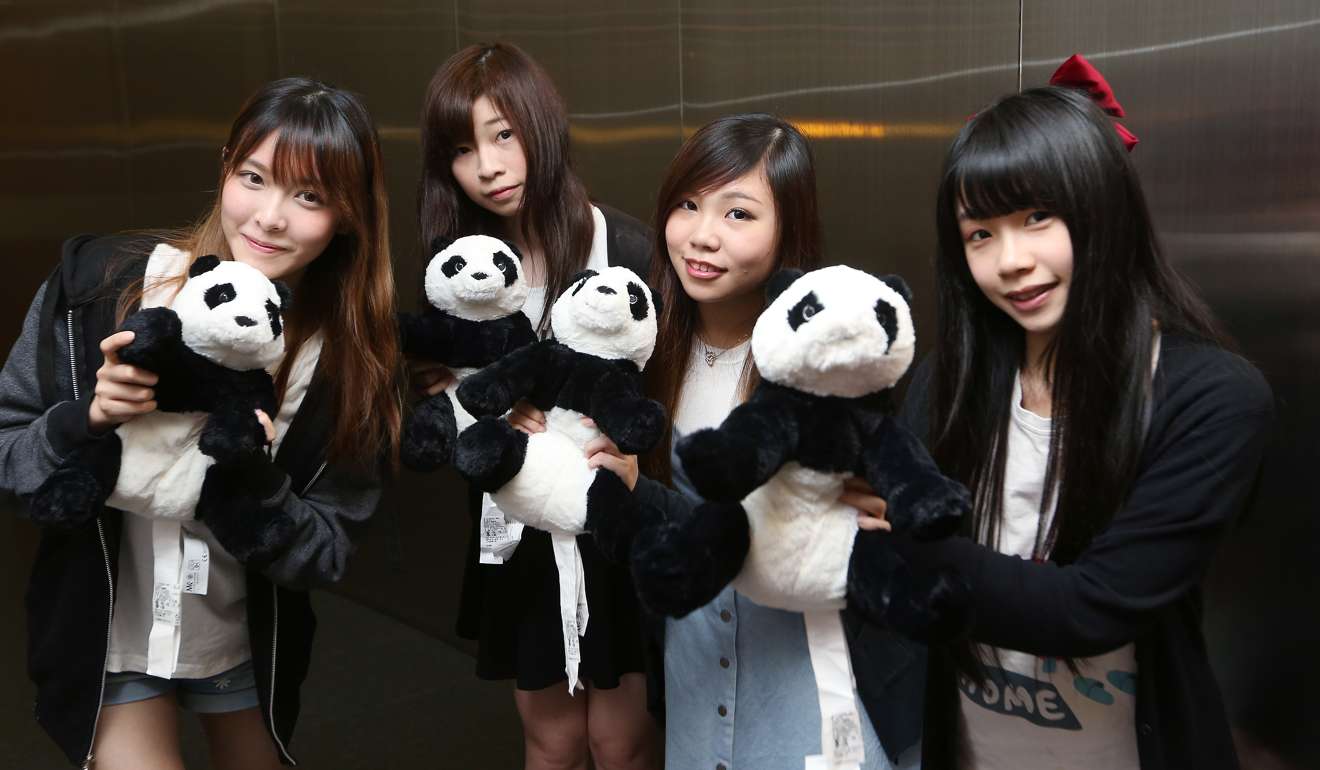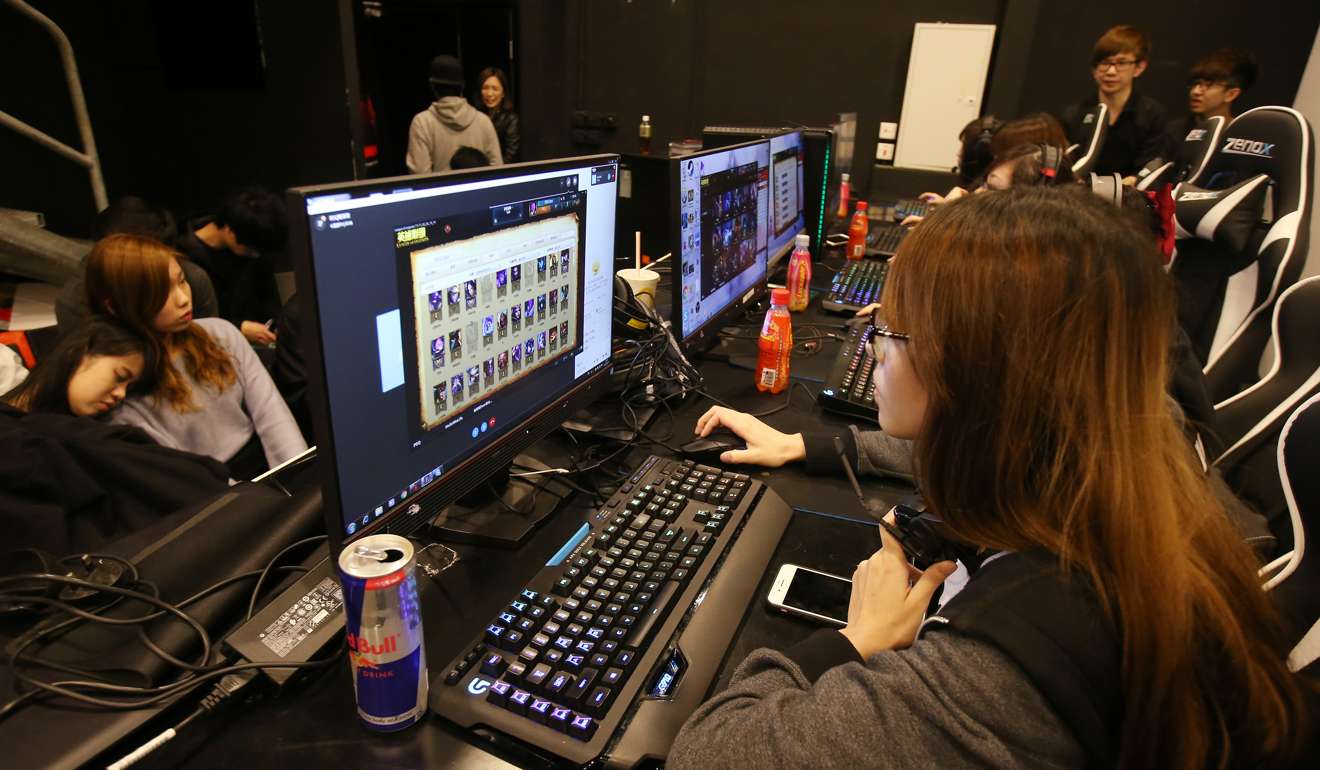
Gamer girls: Hong Kong’s first all-female professional video gaming team PandaCute defy doubters
PandaCute competes in League of Legends, a multiplayer online battle game that has attracted a worldwide following of more than 100 million players a month
“Girls shouldn’t play video games,” said one internet user on an online social media platform.
Such was some of the criticism when five young women emerged from obscurity last year to form PandaCute, Hong Kong’s first all-female professional video gaming team.
The concept of electronic sports, or e-sports, in which gamers from around the world battle on stage for prize money, recognition and even stardom, is relatively unknown in Hong Kong.
Those unfamiliar with the genre often question the legitimacy of playing video games on a professional level, and being an all-female outfit only gave doubters more ammunition.
“The boys sometimes have better stamina,” PandaCute member Shek Hoi-yee – or Dream as she is affectionately known – said when asked if her team were at any disadvantage in video gaming.

Teammate Rispy Lau Lai-fong said: “It is like a roller coaster – sometimes we play at 100 per cent, and other times we are only 50 per cent.”
PandaCute competes in League of Legends, a multiplayer online battle game that has attracted a following worldwide with more than 100 million players a month.
But it is not just their skills that they have been judged on in the male-dominated world of video gaming. More often than not they have become the subject of comments about their looks and their young age – all five of them are 19 years old.
In response team captain Deer Chan Ka-ching has an authoritative answer for such scepticism – the group are the No 1 team in Hong Kong.

After conquering local tournaments, PandaCute have started to look beyond the city, most recently taking part in their biggest competition to date – a nationwide contest in the eastern city of Ningbo in Zhejiang province.
We were really nervous when we were introduced on stage. There were so many people and all eyes were on us
Despite three consecutive defeats at that event and failing to advance against stronger opponents, they felt it was a memorable experience.
“We were really nervous when we were introduced on stage. There were so many people and all eyes were on us,” Momo Mo Chi-ching said.
PandaCute was pieced together last year when Chan wanted to take part in an amateur competition and had to recruit teammates through social media. Asked how the team had come so far in such a short time, the members were unsure.
After taking home multiple trophies, the team gradually built a reputation in the gaming world before they were approached by Global eSports, with which they signed a three-year contract to officially become full-time e-sports athletes.
WATCH: Video games flow with the pints at London’s e-sports pub
Lau said their success had been vindication for all the unfair treatment they had experienced during their teenage years.
“We never talked about our passion for video games with other girls because they would never understand it,” she said.
Once I had a guy who came up to me and stuck his finger on my forehead after losing
Male gamers, meanwhile, were reluctant to embrace women.
“Once I had a guy who came up to me and stuck his finger on my forehead after losing,” Shek said.
“I was so puzzled. What did I do wrong? Why can’t girls play better than guys?”
After going through phases of self-doubt, the team have now learned to turn criticism into motivation.
“At the beginning we did ask ourselves if we were really good enough after receiving so much flak. Now we simply laugh it off.”
Training 10 hours a day, five days a week at their office in Kowloon Bay, they only take the weekends to rest their strained eyes and hands from the manoeuvres required for success in front of the computer screen.
“Actually, this is our passion,” Shek said. “We can’t stop playing, and sometimes we come back to the office to play more and refine our skills.”
Such is their determination to succeed.

